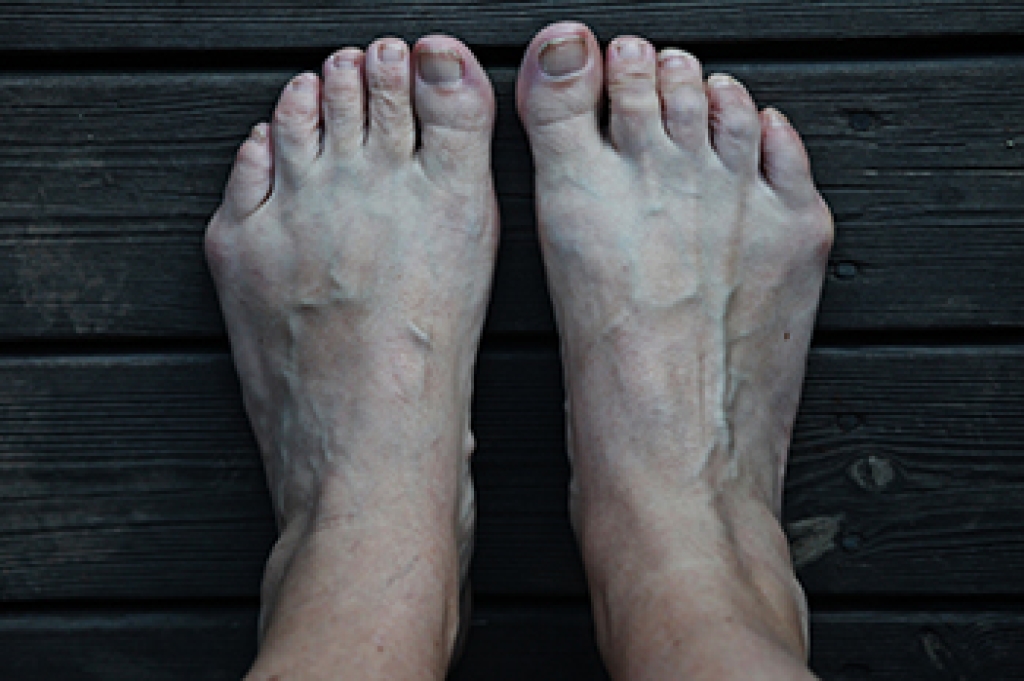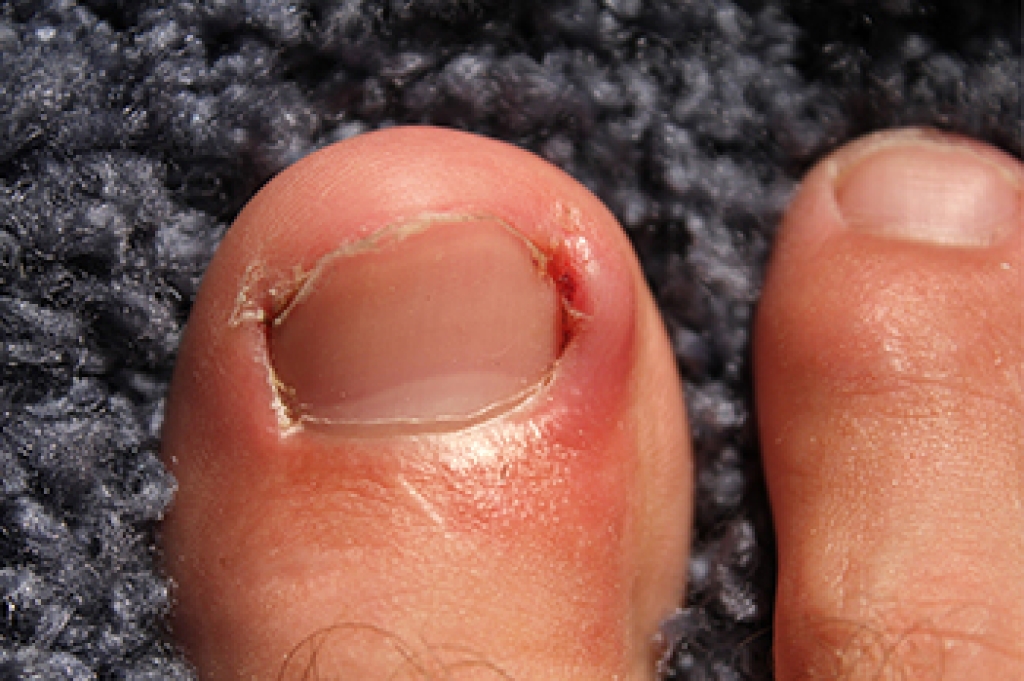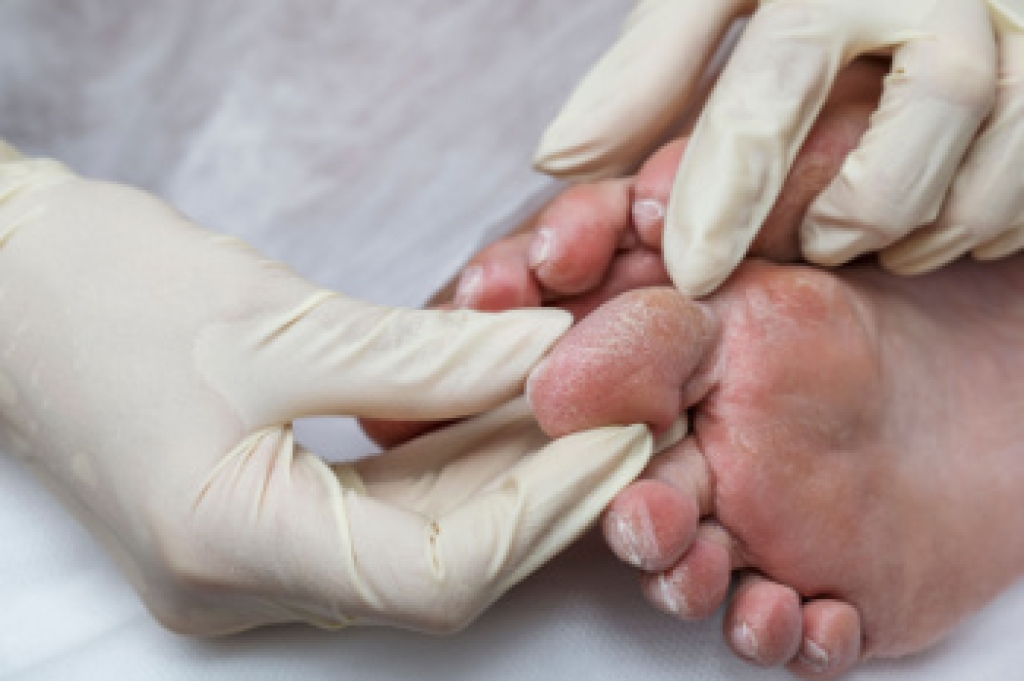
A bunionette, also called a tailor’s bunion, is a bony bump that forms on the outside of the foot at the base of the little toe. It may appear red, swollen, or irritated, and often becomes painful, especially when wearing tight or narrow shoes. The area may feel tender, sore, or produce a burning sensation during walking or standing. Common causes include inherited foot structure, improper footwear, pressure on the outer edge of the foot, or abnormal foot mechanics. A podiatrist can diagnose a bunionette with a physical examination and may use X-rays to assess the alignment of the bones. Treatment options depend on the severity and include wider shoes, padding, anti-inflammatory medications, and custom orthotics to relieve pressure. In more advanced cases, surgery may be necessary to realign the toe and remove the bony prominence. It is suggested that you make an appointment with a podiatrist to receive an accurate diagnosis and the most effective treatment.
If you are suffering from bunions, contact Sam Sanandaji, DPM of Foot and Ankle Care Center. Our doctor can provide the care you need to keep you pain-free and on your feet.
What Is a Bunion?
A bunion is formed of swollen tissue or an enlargement of boney growth, usually located at the base joint of the toe that connects to the foot. The swelling occurs due to the bones in the big toe shifting inward, which impacts the other toes of the foot. This causes the area around the base of the big toe to become inflamed and painful.
Why Do Bunions Form?
Genetics – Susceptibility to bunions are often hereditary
Stress on the feet – Poorly fitted and uncomfortable footwear that places stress on feet, such as heels, can worsen existing bunions
How Are Bunions Diagnosed?
Podiatrists often perform two tests – blood tests and x-rays – when trying to diagnose bunions, especially in the early stages of development. Blood tests help determine if the foot pain is being caused by something else, such as arthritis, while x-rays provide a clear picture of your bone structure to your provider.
How Are Bunions Treated?
- Refrain from wearing heels or similar shoes that cause discomfort
- Select wider shoes that can provide more comfort and reduce pain
- Anti-inflammatory and pain management drugs
- Orthotics or foot inserts
- Surgery
If you have any questions, please feel free to contact our office located in Beverly Hills, CA . We offer the newest diagnostic and treatment technologies for all your foot care needs.




